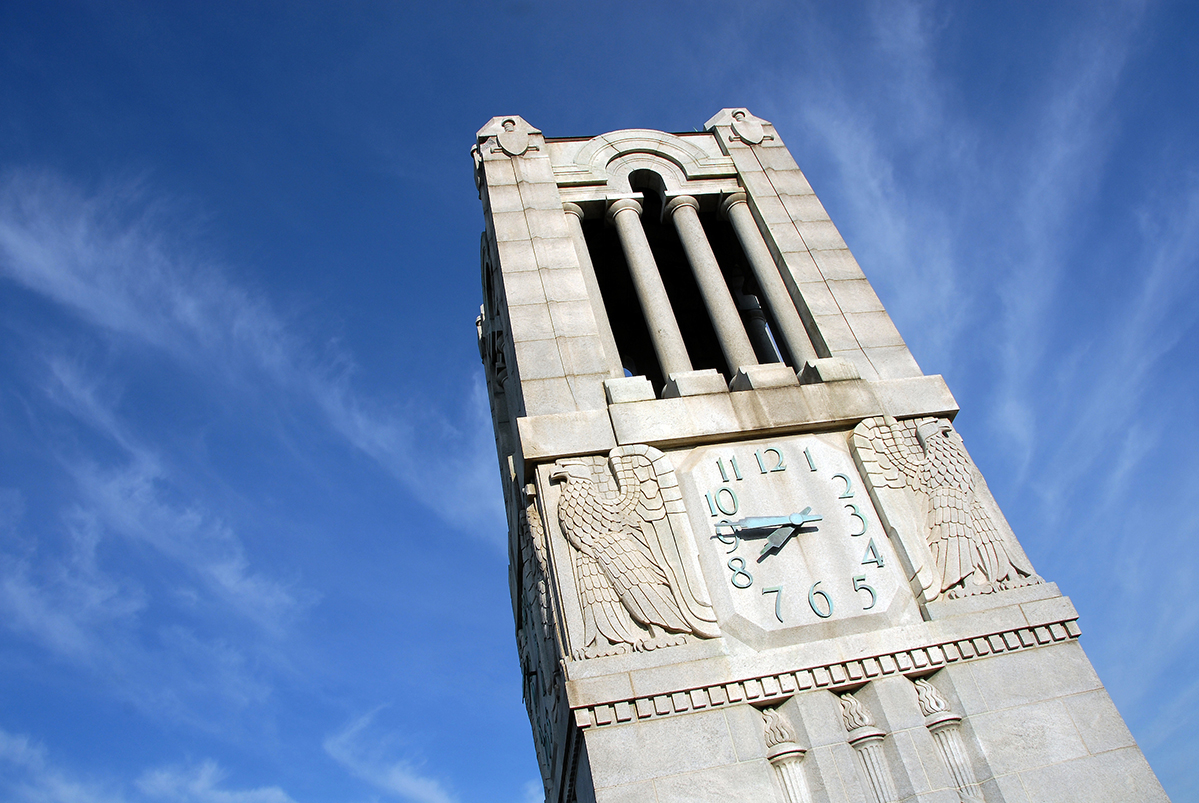Transgender in the Light of Our Humanity: Book Review

NEWS FROM THE PROVOST
To commemorate Transgender Awareness Week, NC State psychology professor Rupert Nacoste reviews the novel Documenting Light (Brain Mill Press, 2016) by EE Ottoman, a unique love story. Read his review below.
 I have not read a more human story than that in the novel Documenting Light by EE Ottoman. Two people meet, are attracted but scared by their attraction to each other. Both are, at first, afraid to reveal their true selves.
I have not read a more human story than that in the novel Documenting Light by EE Ottoman. Two people meet, are attracted but scared by their attraction to each other. Both are, at first, afraid to reveal their true selves.
They are a self-described “…nonbinary, feminine, trans-person.”
He is a self-described “…regular old trans dude.”
Brought together by the mystery of the apparent intimacy of a photograph of two men, they begin to work together to figure out the history and the nature of the relationship of those two men. Searching into an undocumented, queer, past, that search is really a search to see themselves in history.
“It was odd when he stopped to think about it, to never see yourself reflected in history, to have no history, to have no sense of yourself in time. The idea that you could be linked to others across time and space based on shared experience – it had always seemed that it didn’t apply to people like him.”
Softly and quietly, through the developing relationship we are watching form between Grayson and Wyatt, we are taken into the hidden-history idea. A novel of romance yes, but Documenting Light is a novel about how the history we are taught is incomplete by intention; incomplete on purpose. Grayson muses:
“What gets taught at anything lower than a three-hundred-level college course is very political. You were never taught queer history because there are people with a vested interest in you not learning queer history. But the same can be said for race history – of all sorts – and most gender history too, not to mention disability history. We don’t learn it, not because historians don’t study it but because the people who make the decision about what goes into history textbooks aren’t fans.”
There’s that to contemplate. But that hidden-history idea only comes to life through Grayson and Wyatt’s human struggle to connect; to feel a belonging to, and with, another person. Searching out the mystery of the photograph, admitting to each other and giving in to their attraction, the story becomes one about a transcendent relationship.
As I was taken into their story, I realized I was reading and watching a deep, yet everyday intimacy develop between these two people.
“’…afterward, you want to grab dinner?’ Wyatt tried their best to keep their tone casual, like it was no big deal even, though their pulse stuttered with the possibility of a yes.
‘I think that would be great.’ Grayson hesitated for a moment. ‘Like a date?’
‘Yes, like a date.’
Grayson smiled, wide and bright, down at his hands. Wyatt smiled too.”
Here is a story of growing intimacy between two people, each who had long unfulfilled relationship hope and desire, finally moving toward fulfillment. Feeling their fragile intimacy grow sturdy, my eyes grew misty; my being ached.
But I did not sympathize with their struggles with being different in our world. I did not sympathize with Grayson and Wyatt’s stumbles as they tried to connect to each other against all odds. I felt no sympathy. Instead, I experienced a deep empathy as their story reminded me of my own relationship hopes and desires that have gone unfulfilled.
As a social psychologist, relationships are what I study and analyze in order to teach and explain the dynamics to all who struggle. I do that work with intense drive; just ask my students. I do my work with a fierce hope of helping others figure out healthy ways to find what Grayson and Wyatt find in the misty, foggy, dizzying world of all our vulnerable human sexuality; in the misty, foggy, dizzying longing for a connection to another.
I was moved by the story of the emerging relationship of Grayson and Wyatt who, as we all will do, were walking in the misty, foggy, dizzying world of our vulnerable humanity. I was moved by these two people trying to find each other, because their struggle was showing what I truly believe and teach…
…that relationships are our highest striving; that the attempt to find a true connection with another is what makes us most human, and that that struggle is worth it.
Find and read Documenting Light. You will see humanity. You will be uplifted.
See also: Transgender Awareness Week 2016: Representation and Resilience
Rupert W. Nacoste, Ph.D. is Alumni Distinguished Undergraduate Professor of Psychology and the author of Taking on Diversity: How We Can Move from Anxiety to Respect (Prometheus Books, 2015).
- Categories:


